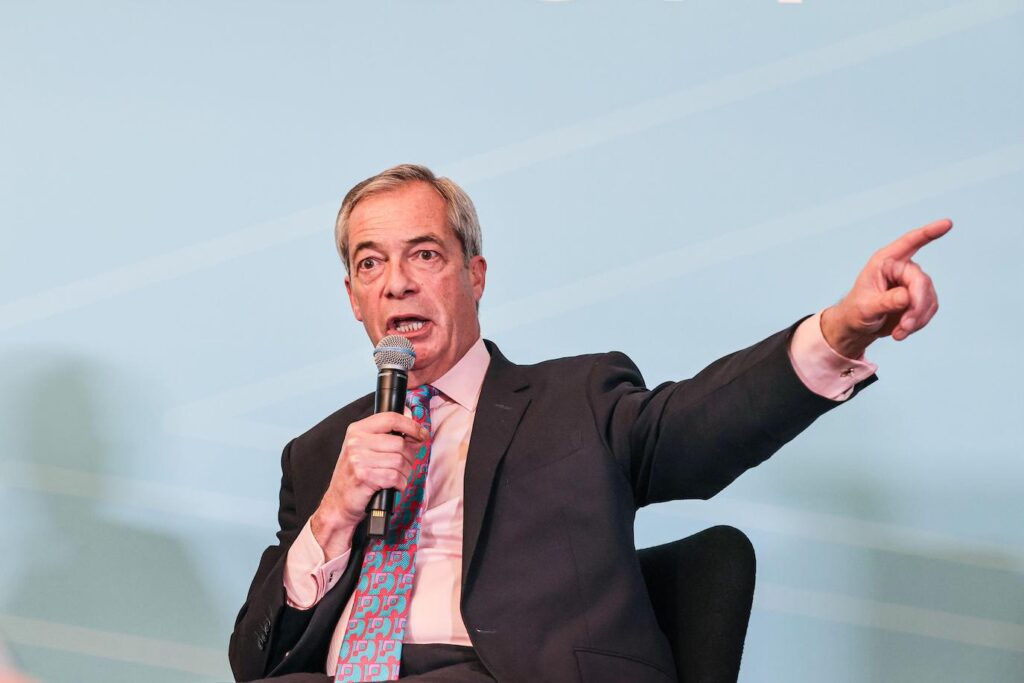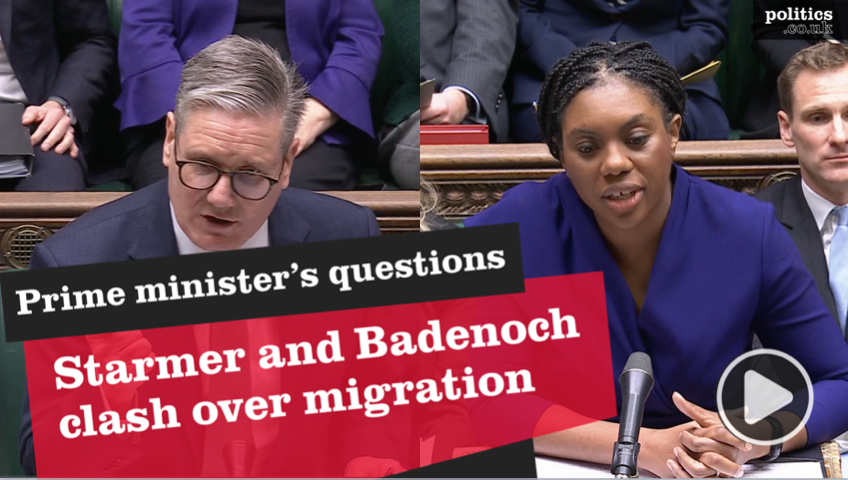Lower debt interest costs give Chancellor timely boost ahead of pre-election Budget
Lower than expected inflation over the end of last year has helped to reduce debt interest costs, and in turn reduce borrowing levels – providing the Chancellor with a timely boost in the penultimate set of public sector finances data before the Budget, the Resolution Foundation said today (Tuesday).
Borrowing in December was £7.8 billion – £6.2 billion below the Office for Budget Responsibility’s (OBR) estimate for this month, almost all of which was debt interest costs coming in £5.5 billion lower than forecast. The lower debt interest costs were driven by lower RPI inflation reducing the value of the interest paid on index-linked gilt values.
The latest data leaves borrowing for the year to date £3.7 billion lower than the OBR forecast back in November, and could mean that borrowing is revised down in the updated fiscal outlook publishing alongside the Budget.
However, the Foundation cautions that lower than expected inflation, coupled with rapidly falling wage growth could reduce tax receipts in the months ahead and limit the level of extra fiscal headroom.
Cara Pacitti, Senior Economist at the Resolution Foundation, said:
“Lower-than-expected inflation late last year has reduced debt interest costs and given the Chancellor a timely fiscal boost ahead of his Budget in March.
“However lower inflation is also likely to mean lower tax receipts. How these factors offset each other will be important in deciding how much fiscal headroom the Chancellor has.”











